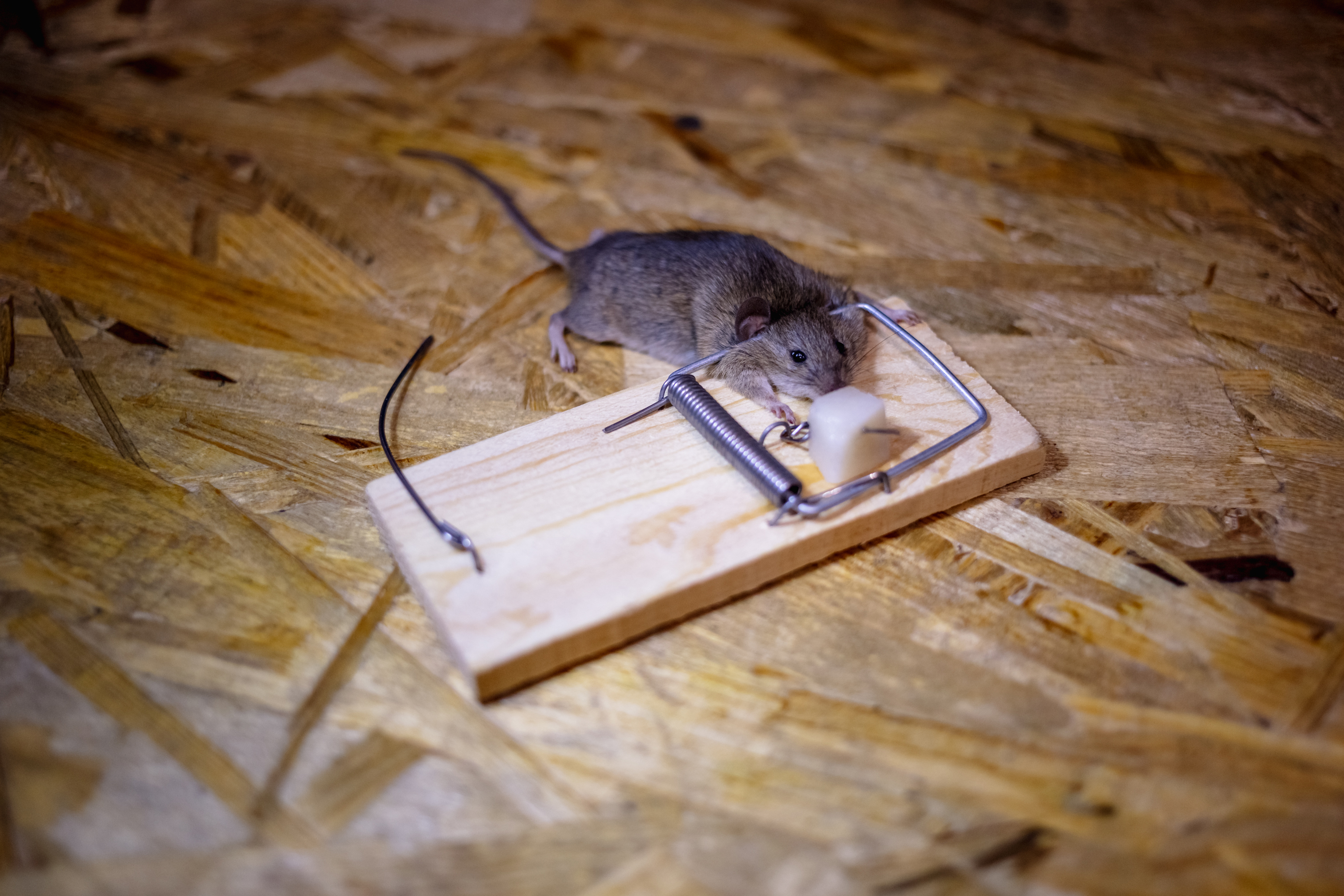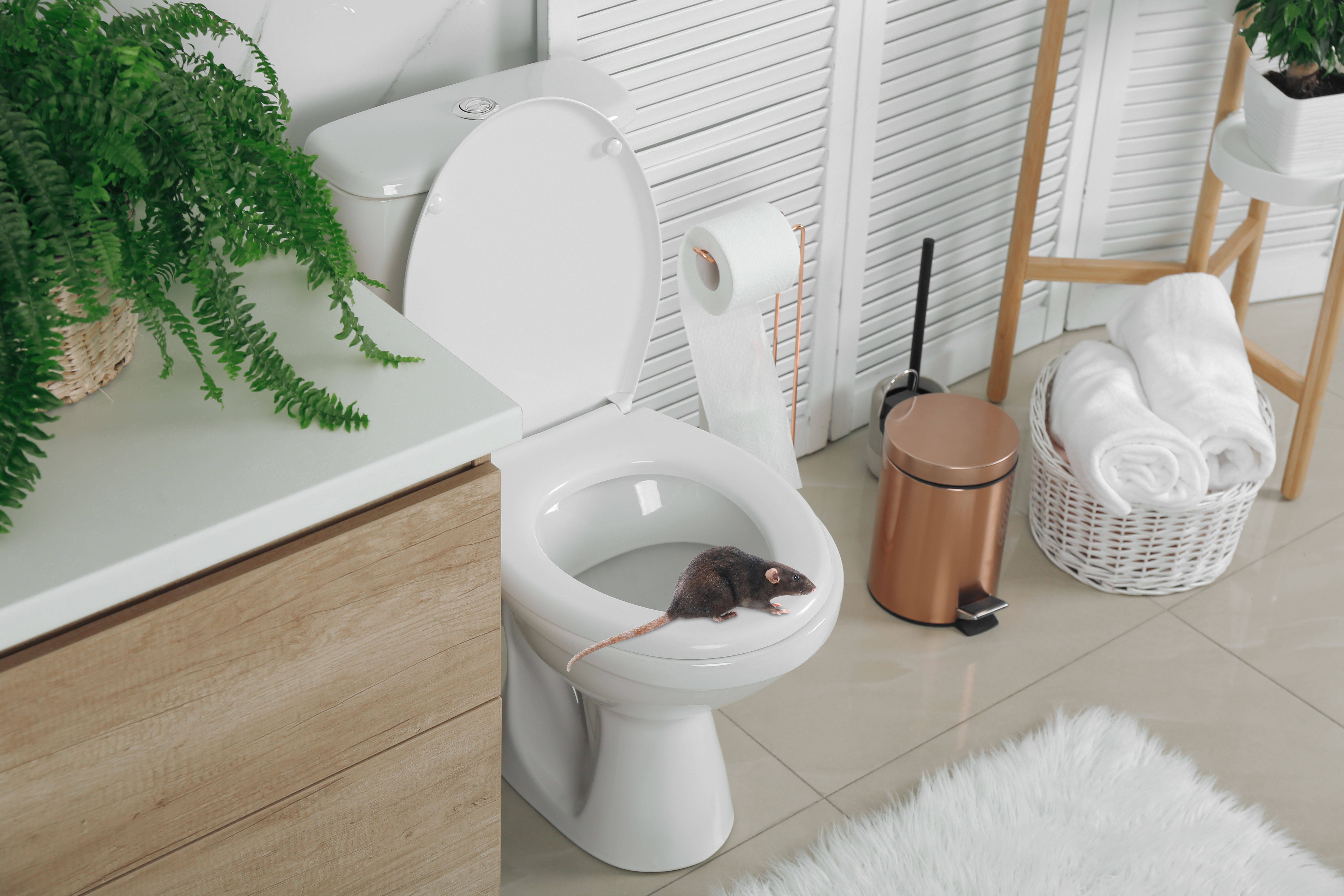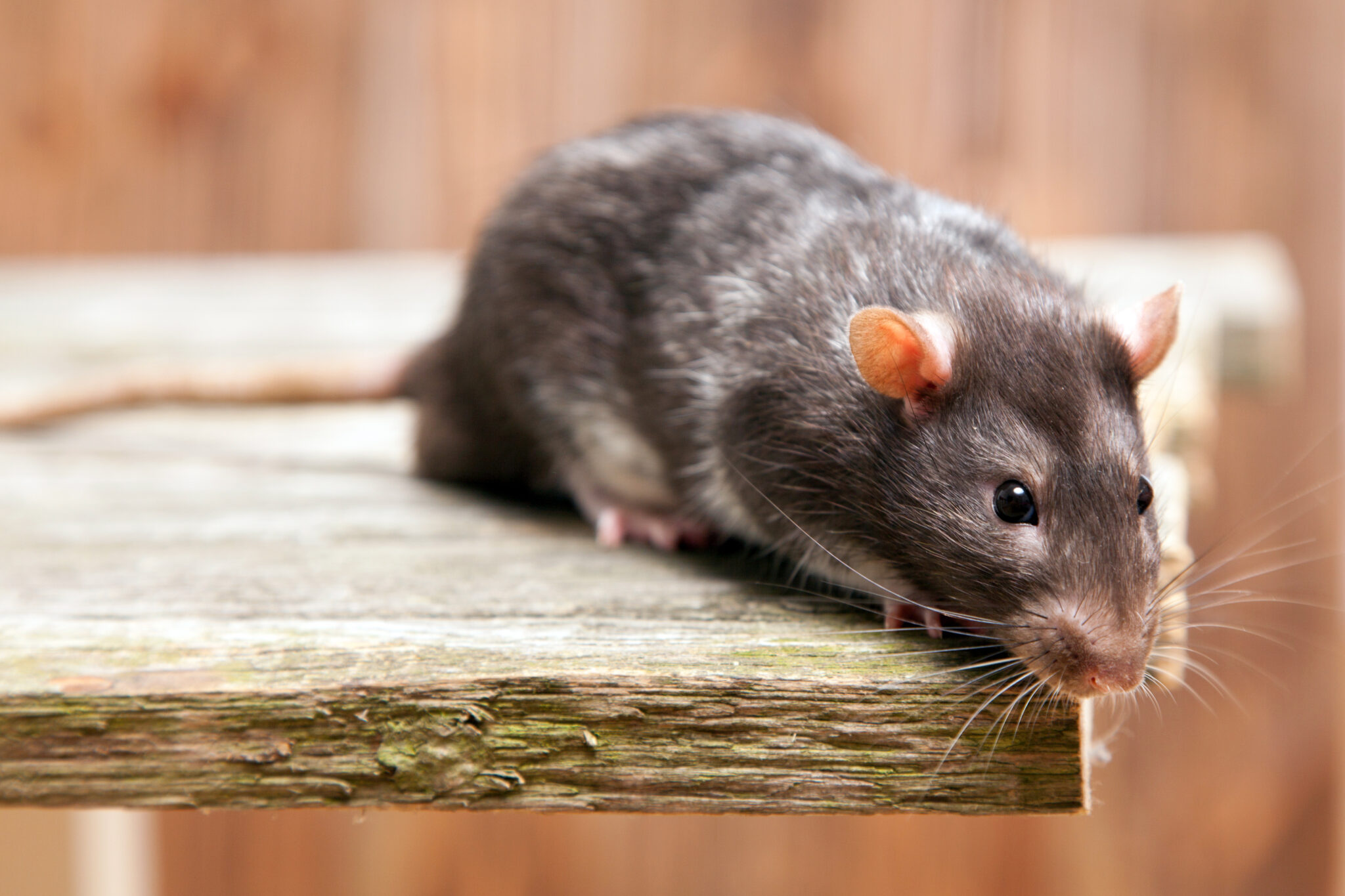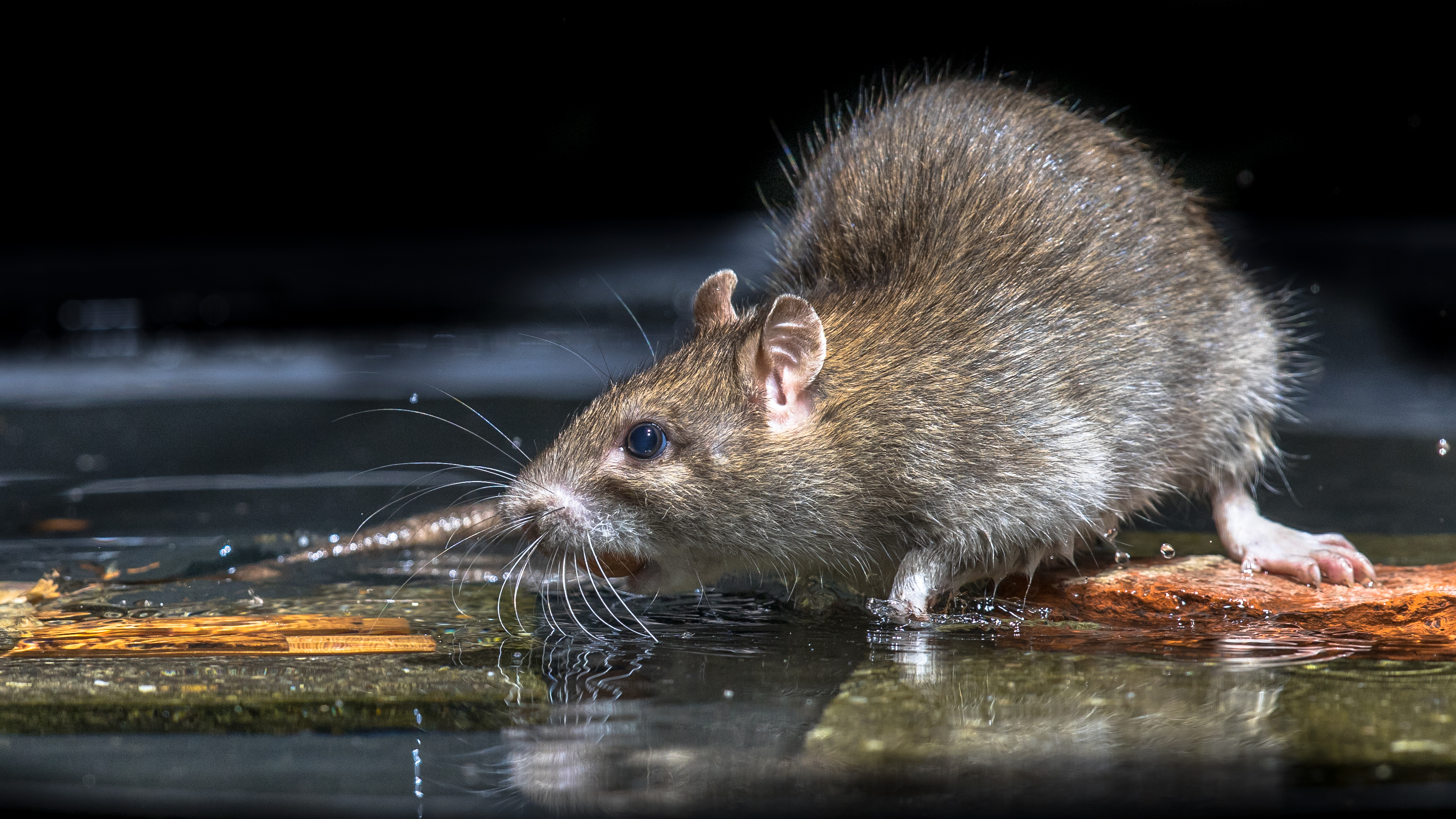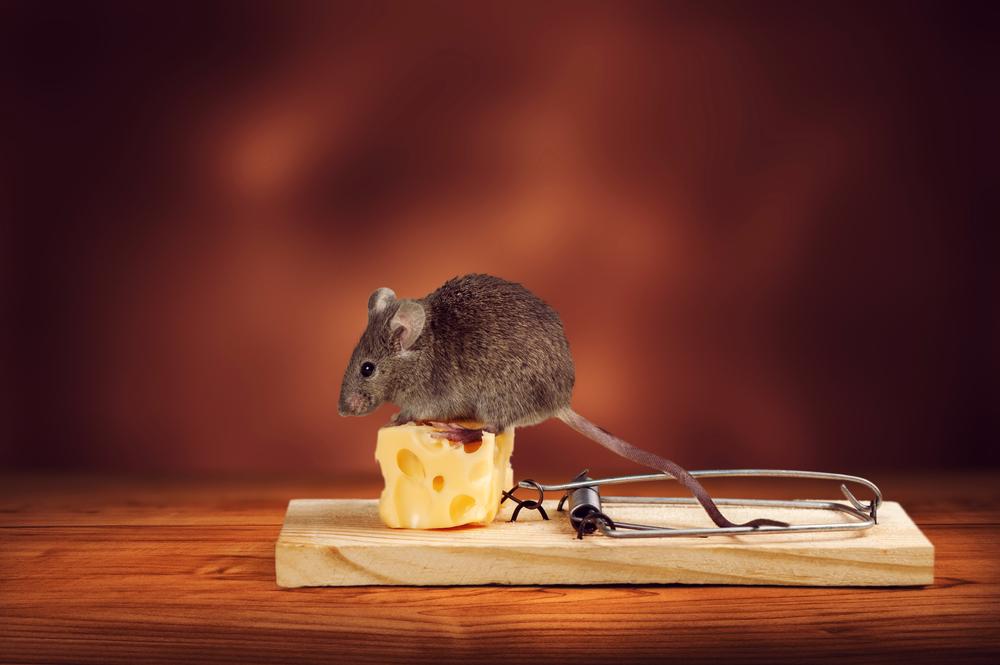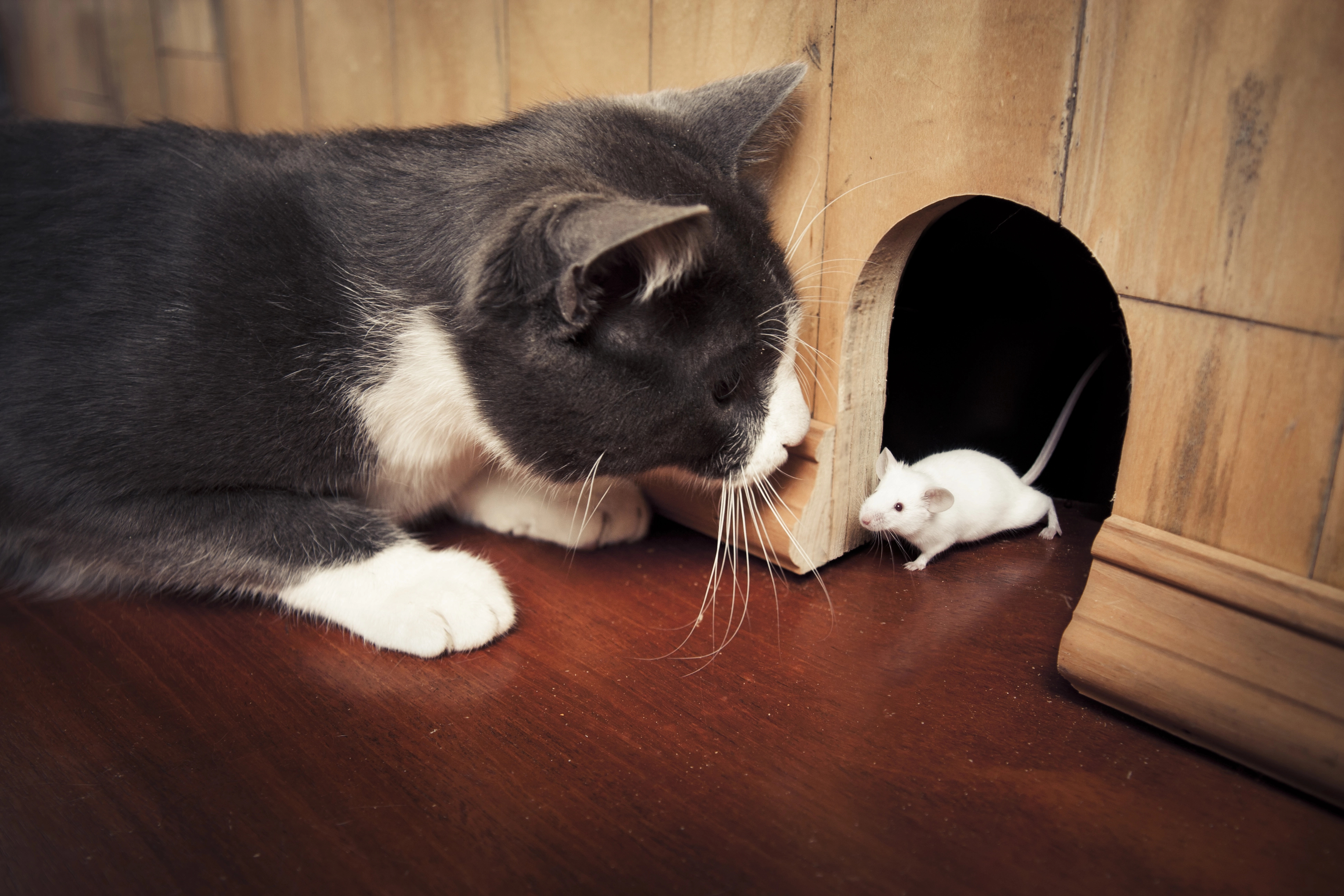
Are Household Pets Effective at Rat Control?
Many Houston homeowners try to control rat infestations with household pets like dogs and cats. While it’s true that cats and certain types of dogs are natural rodent hunters, the reality of attempting to use pets for rat control is a little more complex. Many domesticated animals won’t hunt.

